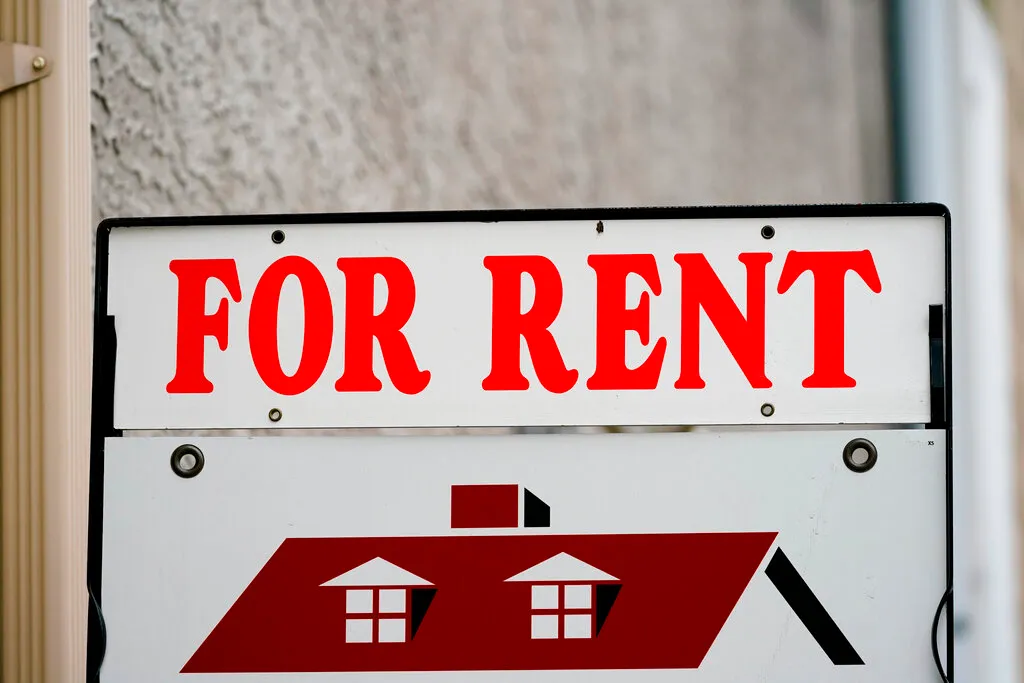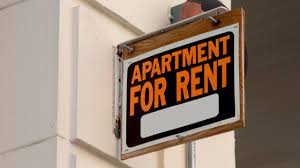Illinois Rent Increase Laws 2024: Key Facts for Tenants. Illinois rents $1,800 a month on average, which is 14% less than the national average.
However, since Illinois has no state restrictions controlling rent hikes, your landlord may raise your rent as much as they like. Your rent could swing from being reasonable to being prohibitively high with a single modification to your lease, leaving you in a difficult situation as you attempt to find a means to pay for your home.
Don’t worry, though. Although there is no cap on the amount of rent increases allowed under Illinois law, landlords are not allowed to raise rent at will. They must give you ample notice before raising your rent, and there are regulations governing when they can do so.
We are here to assist you in understanding the specifics of Illinois’s rent increase legislation. We’ll explain how much and how frequently your landlord can raise your rent, as well as what you can do to protest.
- Laws Increasing Rent in Illinois
- How to Recognize an Illegal Illinois Rent Increase
- Final Thoughts: Illinois Rent Increase Laws
- How to Deal With Them How to Negotiate a Rent Increase in Illinois
Illinois Rent Increase Laws
There are presently no rent control regulations in Illinois. This implies that as long as they give prior notice, Illinois landlords are free to raise rent by any amount.
Seven days’ notice is required for a week-to-week tenancy, and thirty days’ notice is required for a month-to-month lease. However, your landlord can only raise your rent when the lease expires if you’re on a fixed-term lease (like a one-year contract).
However, serious legislative initiatives indicate that changes may be imminent, therefore this could soon alter.
The Tenant Protection Act, supported by Rep. Edgar Gonzalez, Jr., Theresa Mah, and others, and the Rent Control Act, sponsored by Rep. Hoan Huynh, show a strong drive for rent control legislation in the Prairie State.
Rent control measures could be implemented if these acts are approved, protecting tenants from astronomical rent rises and bringing stability to the rental market.
For instance, the property manager can only raise your rent by 15% once every 12 months in accordance with the Rent Control Act. However, they have to give you ninety days’ notice before they do so.
In addition to the Rent Control Act, the Tenant Protection Act will make sure that your rent increases no more than 3%, or the percentage change in the Consumer Price Index (CPI) for the same year.
Illinois’s City-Specific Rent Increase Regulations
Illinois may have slightly varying rent control legislation in different cities. For instance, the Fair Notice Ordinance in Chicago includes particular guidelines that directly affect when your landlord is able to raise rent.
Your landlord must provide you sixty days’ notice before raising your rent if you have been renting the apartment for more than six months but less than three years. This notice time is extended to 120 days for people who have lived in their apartment for more than three years.
Whether your lease is a casual month-to-month arrangement or a formal year-long lease, these rules still apply.
Since laws might differ greatly from town to town, always inquire with your local government about whether your city has any comparable rent control ordinances. Additionally, to find out about landlord-tenant regulations that protect the rights of both landlords and tenants, speak with your town.
How To Spot an Illegal Rent Increase in Illinois
Even though there are no state-wide rent control legislation, there are some situations in which raising rent could be unlawful.
Here are some situations where a rent increase can go too far and you might need to get legal counsel:
- Lease term violation: It is unlawful to try to increase the rent before the lease’s expiration date (without a clause permitting such an increase) if you have a fixed-term lease, such as one that lasts for a year.
- Not enough notice Before increasing the rent for a month-to-month or week-to-week tenancy, your landlord must provide you with the relevant written notice. If this isn’t done, the rent increase is illegal.
- Discrimination: According to federal and state fair housing regulations, any rent increase based on discriminatory factors—such as race, religion, gender, family status, or nationality—is unlawful.
- reprisal: If you use your legal rights, such reporting hazardous living conditions in your rental property to a health inspector, your landlord cannot legally raise your rent in reprisal.
- Violating local rules: Your landlord is required to adhere to extended notice periods for raising rent based on the length of your tenancy in areas like Chicago, where there are specific ordinances like the Fair Notice Ordinance. The rent increase becomes unlawful if they disregard these local laws.
Where to Report Illegal Rent Increases in Illinois
You can get assistance from a number of sources if you think your landlord is unlawfully increasing your rent, including:
- Illinois Department of Human Rights (IDHR)
- Illinois Attorney General’s Office
- Illinois Housing Development Authority (IHDA)
- Tenant Unions and Advocacy Groups like Housing Action Illinois and Metropolitan Tenants Organization (MTO)
How To Negotiate a Rent Increase in Illinois
It might be difficult to deal with a rent increase, but if you take the proper approach, you can work out a fair agreement that benefits both you and your landlord.
Let’s look at some doable actions to assist you in managing this circumstance.
Recognize the Market
Examine the local rental market as it stands right now. Your landlord may be in a strong position if the market is hot and properties sell quickly for higher prices. Conversely, you might have a better chance of negotiating a lower price if there are a lot of openings and rent decreases.
Demonstrate Your Good Tenancy
Remind your landlord that you have been a good renter by keeping the property in good condition and paying your rent on time. You can influence your landlord to reconsider the rent increase if you have a solid track record of dependability.
Provide Substitutes
Think about negotiating different terms to lessen the impact if the rent rise is unavoidable. This can entail changing the rental agreement to extend the time that the present rate is locked in.
Prepare to Make Compromises
The process of negotiation is reciprocal. Therefore, be ready to compromise with your landlord, whether that means agreeing to some mutually beneficial terms or taking a lower increase than was initially proposed.
Purchase renters insurance.
Renters insurance may help you in negotiations with your landlord by demonstrating to them your responsibility and commitment to safeguarding your apartment.
Recognize When to Leave
It could be time to move out if the rent increase is too expensive for your budget and negotiations are unsuccessful. But keep in mind that moving expenses may exceed the rent increase, so carefully analyze your options.
Conclusion: Rent Increase Laws in Illinois
Your landlord must give you adequate notice even though they are free to raise rent as they see fit. Additionally, they cannot act in a discriminatory or retaliatory manner.
However, things might improve for Illinois renters as new regulations like the Tenant Protection Act and the Rent Control Act may be on the horizon. These regulations may assist stabilize pricing and prevent excessive rent increases.
Source


 by
by 




